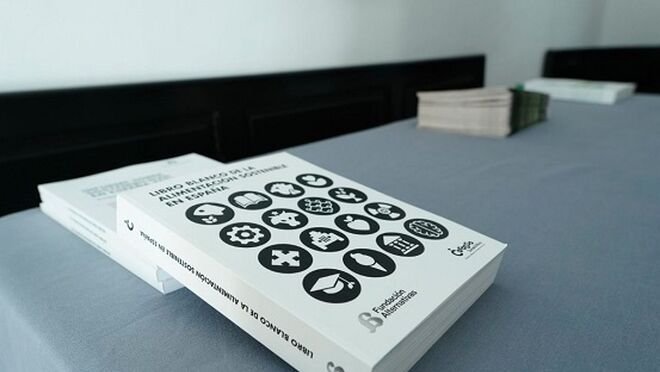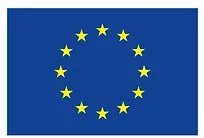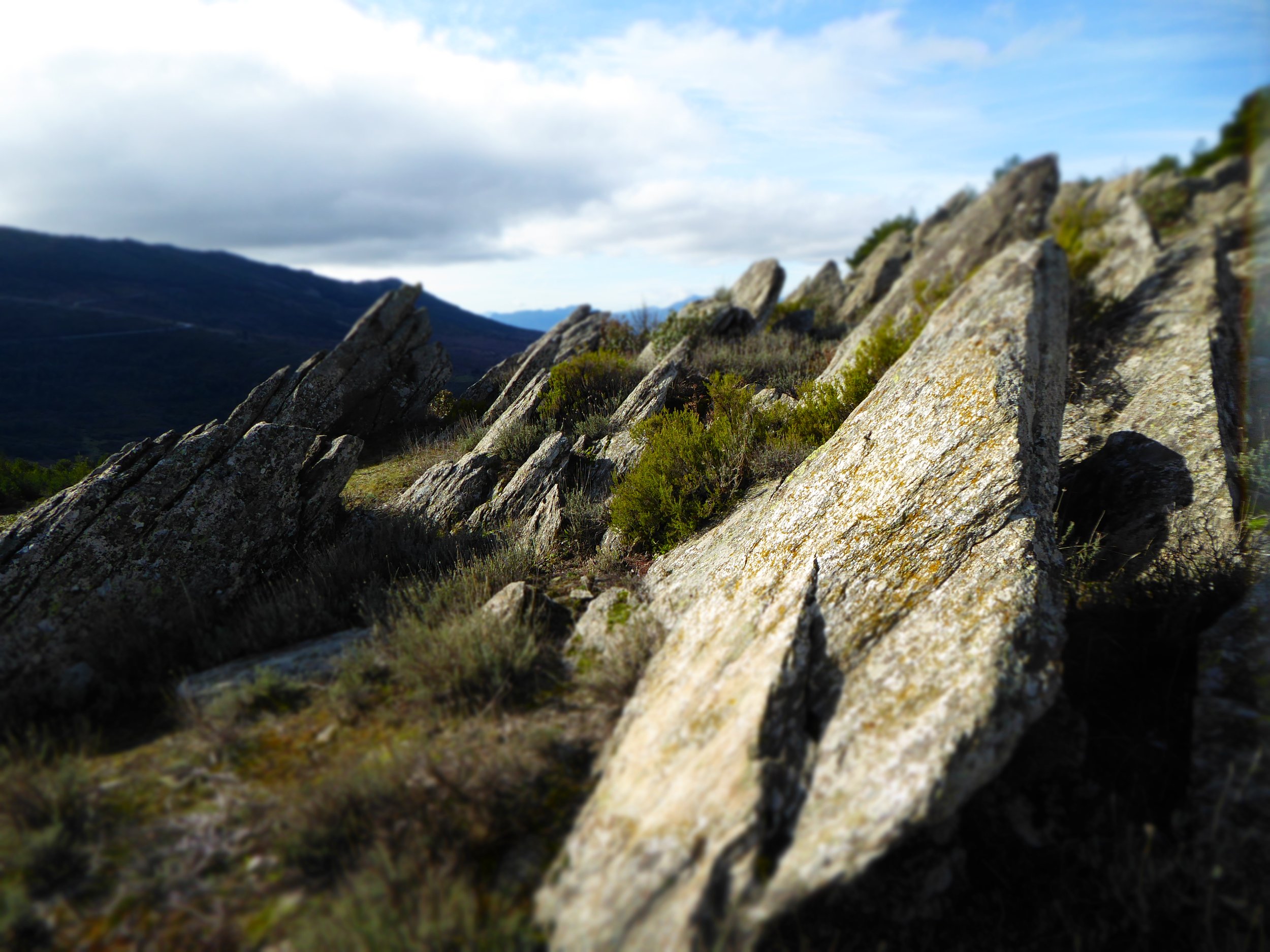
White Paper on sustainable food in Spain
Coordination of the creation and drafting process of the White Paper on Sustainable Food in Spain.
Africa is one of the regions most in need of innovative solutions to address water and climate change challenges; however, many parts of Africa also suffer from a lack of water-related skills and capacities, as well as widespread institutional fragmentation.
AfriAlliance is supporting existing networks in identifying appropriate social innovations and technological solutions to key water and climate change challenges. It is capitalizing on the knowledge and innovation base and potential in Africa and the EU. The project supports effective means of knowledge sharing and technology transfer within Africa and between Africa and the EU, all with the aim of increasing African preparedness to address vulnerability to water and climate change challenges.
The Afri-Alliance Task Force on Integrated Water Resources Management (IWRM) and Ethics is one of five Task Forces funded by the EU-funded AfriAlliance Project on Water and Climate Innovations led by UNESCO-IHE. The Task Force arises from the realisation that the sustainable use and protection of water resources is essential to address a number of important environmental and social challenges occurring across the African continent. This would require a fundamental change in terms of management and policy approaches, especially with regard to the balance and exchange of values that can influence the criteria for a fair allocation of water for both society and the environment. The Task Force proposes a systemic-relational (SR) environmental ethics perspective as an ethically grounded approach to water resources management. In developing criteria for managing and allocating water, the ultimate good/value to be maintained is the well-being and health of the entire ecosystem, including humans and the non-human elements that provide the necessary foundation on which humans depend.

Africa is one of the regions most in need of innovative solutions to address water and climate change challenges; however, many parts of Africa also suffer from a lack of water-related skills and capacities, as well as widespread institutional fragmentation.
AfriAlliance is supporting existing networks in identifying appropriate social innovations and technological solutions to key water and climate change challenges. It is capitalizing on the knowledge and innovation base and potential in Africa and the EU. The project supports effective means of knowledge sharing and technology transfer within Africa and between Africa and the EU, all with the aim of increasing African preparedness to address vulnerability to water and climate change challenges.
The Afri-Alliance Task Force on Integrated Water Resources Management (IWRM) and Ethics is one of five Task Forces funded by the EU-funded AfriAlliance Project on Water and Climate Innovations led by UNESCO-IHE. The Task Force arises from the realisation that the sustainable use and protection of water resources is essential to address a number of important environmental and social challenges occurring across the African continent. This would require a fundamental change in terms of management and policy approaches, especially with regard to the balance and exchange of values that can influence the criteria for a fair allocation of water for both society and the environment. The Task Force proposes a systemic-relational (SR) environmental ethics perspective as an ethically grounded approach to water resources management. In developing criteria for managing and allocating water, the ultimate good/value to be maintained is the well-being and health of the entire ecosystem, including humans and the non-human elements that provide the necessary foundation on which humans depend.


Coordination of the creation and drafting process of the White Paper on Sustainable Food in Spain.

We continue the initiative “One million trees” with the aim of restoring the vegetation cover due to the growing desertification in Spain, carrying out reforestation.

Managing resilient nexus systems through participatory system dynamics models.